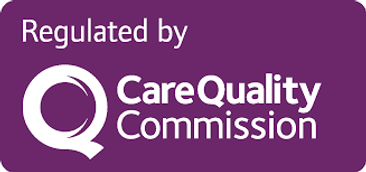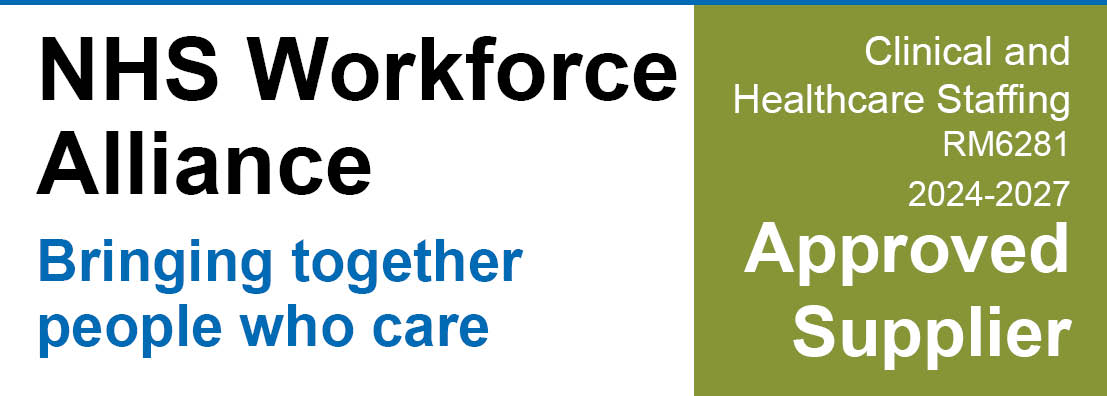
Diabetes is a chronic condition that affects how your body processes blood sugar (glucose). It can lead to serious health complications, but with early diagnosis and proper management, individuals can live healthy lives.
Here’s what you need to know about diabetes:
Causes of Diabetes
There are two main types of diabetes: Type 1 and Type 2. Type 1 Diabetes is an autoimmune disease where the body’s immune system attacks and destroys insulin-producing cells in the pancreas. This results in little to no insulin production. Type 2 Diabetes occurs when the body becomes resistant to insulin or doesn’t produce enough. Lifestyle factors such as poor diet, lack of exercise, and obesity can increase the risk of developing Type 2 diabetes.
Risk Factors for Diabetes
Several factors can increase the likelihood of developing diabetes, especially Type 2. These include:
- Genetics: A family history of diabetes increases the risk of developing the condition.
- Age: The risk of Type 2 diabetes increases as you age, particularly after the age of 45.
- Obesity: Excess body weight, especially around the abdomen, is a key risk factor for Type 2 diabetes.
- Sedentary Lifestyle: Lack of physical activity can lead to weight gain and insulin resistance.
- High Blood Pressure or High Cholesterol: These conditions often occur alongside diabetes, contributing to overall health risks.
- Unhealthy Diet: Diets high in processed foods, sugary drinks, and fats increase the risk of Type 2 diabetes.
Common Symptoms
Recognizing the symptoms of diabetes early can help with quicker treatment. Key signs include:
- Frequent urination
- Excessive thirst
- Unexplained weight loss
- Fatigue
- Blurred vision
- Slow healing of wounds
- Numbness or tingling in the hands or feet (especially in Type 2 diabetes)
If you or someone in your family are experiencing any of these symptoms it could be a sign of diabetes. It’s important to consult with your local GP so they can run some simple tests to find the cause of your symptoms.
Treatment Options
Diabetes is manageable with the right treatment. Depending on the type and severity, treatment options may include:
For Type 1 Diabetes:
- Insulin Therapy: People with Type 1 diabetes must take insulin daily because their bodies cannot produce it. Insulin can be administered via injections or an insulin pump.
- Blood Sugar Monitoring: Regular monitoring of blood sugar levels helps individuals make adjustments to insulin doses and lifestyle habits.
For Type 2 Diabetes:
- Medications: People with Type 2 diabetes may be prescribed oral medications that help the body better use insulin or produce more insulin. In some cases, insulin therapy may also be necessary.
- Lifestyle Changes: A balanced diet and regular exercise are crucial in managing Type 2 diabetes. This can reduce insulin resistance and help control blood sugar levels.
Other Therapies:
- Continuous Glucose Monitors (CGMs): These devices track blood sugar levels throughout the day, providing real-time information to help make treatment decisions.
- Diet and Exercise: Both play a major role in the management of Type 2 diabetes. A healthy, balanced diet that focuses on whole foods—fruits, vegetables, lean proteins, and whole grains—can help control blood sugar levels. Regular physical activity increases insulin sensitivity and helps with weight management.

Prevention Tips
While Type 1 diabetes cannot be prevented, there are several ways to reduce the risk of developing Type 2 diabetes:
- Eat a Healthy Diet: Focus on a diet rich in whole, unprocessed foods. Include plenty of fibre-rich vegetables, fruits, and whole grains, and limit sugary snacks and drinks.
- Exercise Regularly: Aim for at least 150 minutes of moderate-intensity exercise per week. Activities like walking, swimming, or cycling help improve insulin sensitivity.
- Maintain a Healthy Weight: Losing even a small amount of weight (5-10% of body weight) can significantly reduce the risk of Type 2 diabetes.
- Monitor Blood Sugar Levels: If you’re at high risk, regular blood sugar checks can help detect prediabetes or early stages of diabetes.
- Avoid Smoking: Smoking can increase the risk of Type 2 diabetes and other complications. Quitting can significantly improve health outcomes
Complications of Uncontrolled Diabetes
If left untreated or poorly managed, diabetes can lead to serious complications, including:
- Heart disease and stroke: High blood sugar levels can damage blood vessels and increase the risk of cardiovascular problems.
- Kidney damage: Diabetes is one of the leading causes of kidney disease, which may lead to kidney failure.
- Nerve damage: High blood sugar can lead to nerve damage, particularly in the hands and feet (diabetic neuropathy).
- Eye problems: Uncontrolled diabetes can lead to eye issues, including cataracts and diabetic retinopathy, which can cause blindness.
Conclusion
Understanding diabetes is crucial in managing and reducing the impact of this condition. Whether you are managing diabetes yourself or looking to prevent it, adopting a healthy lifestyle, including a balanced diet and regular physical activity plays a vital role in controlling blood sugar levels and improving overall health.












